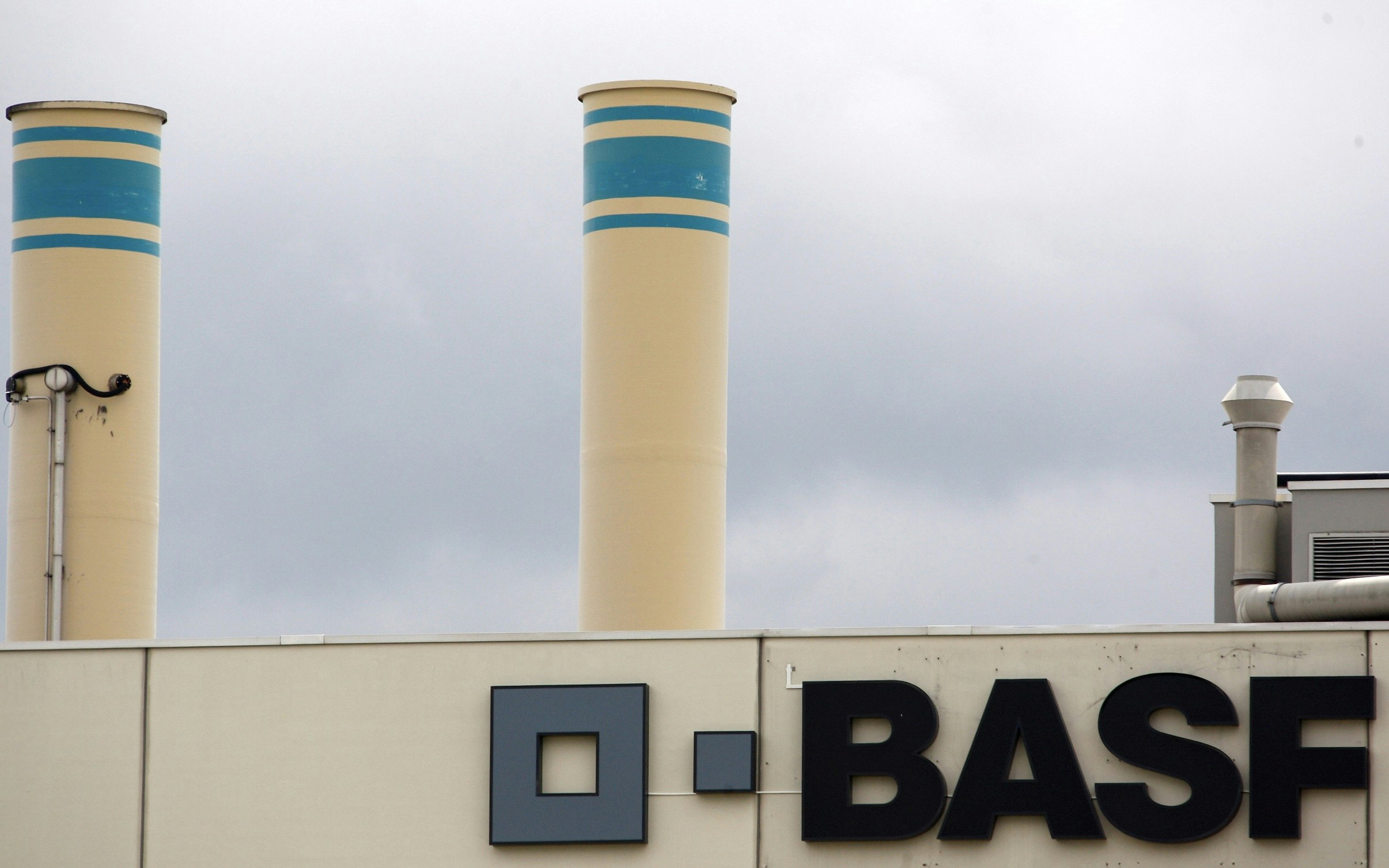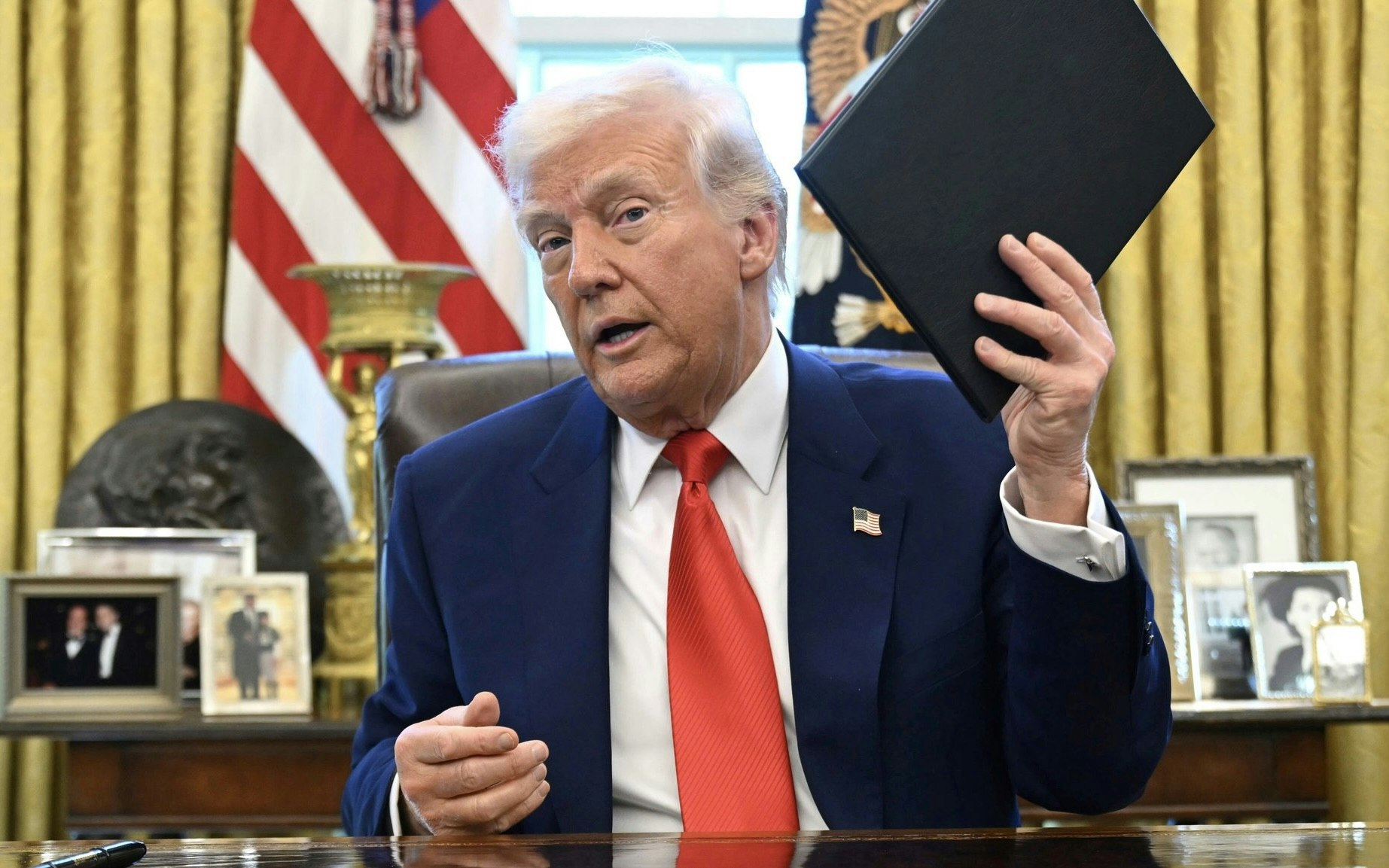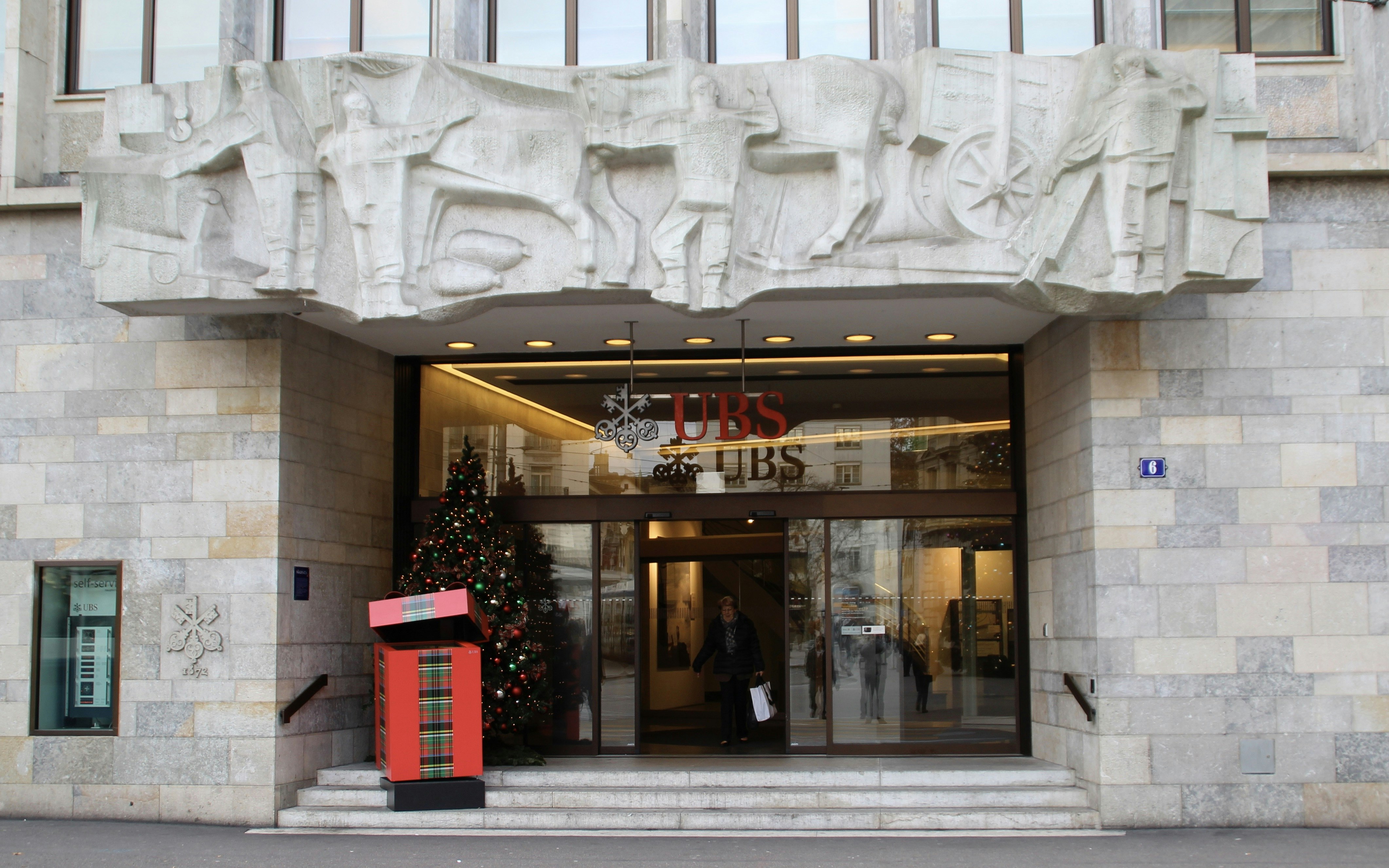Business
BASF accelerates withdrawal from Chinese joint ventures due to human rights concerns in Xinjiang
BASF accelerates sale of stakes in Xinjiang joint ventures due to allegations against partners and Uighur repression.

BASF accelerates the process of divesting its shares in two joint ventures in the northwest Chinese region of Xinjiang, justifying this with allegations that its partner is involved in the oppression of the ethnic minority of the Uyghurs.
The step follows an investigation by the German media Der Spiegel and ZDF, which claimed that employees of the BASF partner Xinjiang Markor Chemical Industry accompanied Chinese officials during visits to monitor and indoctrinate Uighurs - a Turkic-speaking minority - to serve the Chinese government.
The German chemical giant announced on Friday that there are no indications that employees of the two joint ventures in Korla were involved in alleged human rights violations.
The company stated that it has no stake in Xinjiang Markor Chemical Industry itself. However, the corporation will terminate the business relationship as the recently published reports contained serious allegations that are not compatible with the company's values.
Therefore, BASF decided to accelerate the divestment process that began in the last quarter of the previous year. The Chinese company did not respond to a request outside of Chinese business hours. The Chinese embassy in Germany also did not respond to a request.
The Office of the United Nations for Human Rights found in a 2022 report that the Chinese government may have committed crimes against humanity in its treatment of Uighurs and other Muslim minorities in Xinjiang.
The USA and other Western governments have criticized Beijing for human rights violations in Xinjiang, where the Chinese government has banished Uighurs and other predominantly Muslim minorities to a regional network of internment camps.
China has repeatedly denied committing human rights violations in Xinjiang. BASF is one of many Western companies reviewing their activities in China due to increasing scrutiny of their supply chains in Xinjiang. In 2021, the Swedish fashion chain Hennes & Mauritz (H&M) was removed from China's main e-commerce, ride-hailing, daily deals, and mapping applications after the brand decided to stop sourcing from the Chinese region of Xinjiang.
Chinese Social Media Users Target Other International Brands Including Nike and Adidas Who Had Issued Similar Statements on Forced Labor Concerns in Xinjiang. In a letter on Monday, the Inter-Parliamentary Alliance on China, a coalition of lawmakers from industrial countries, called on BASF to withdraw from the region.
BASF stated that the process of selling its shares in the two joint ventures, BASF Markor Chemical Manufacturing (Xinjiang) and Markor Meiou Chemical (Xinjiang), is subject to negotiations and the necessary approvals from relevant authorities. However, the company emphasized that it intends to continue its business activities in China. The country accounts for about half of the global chemical production.




